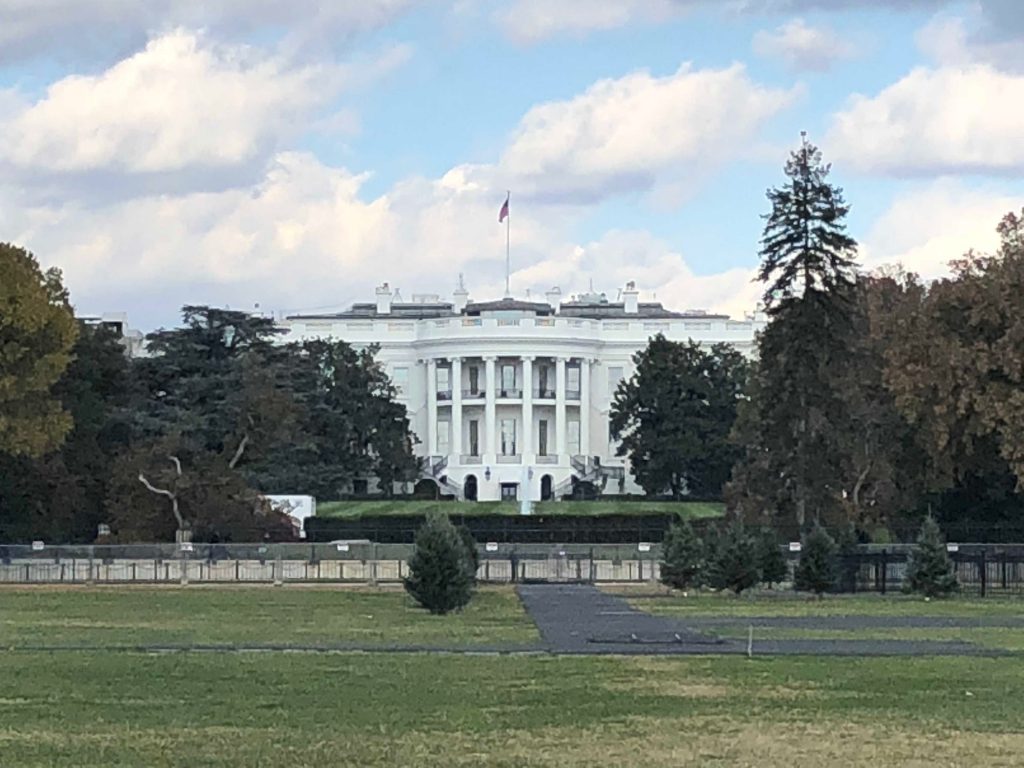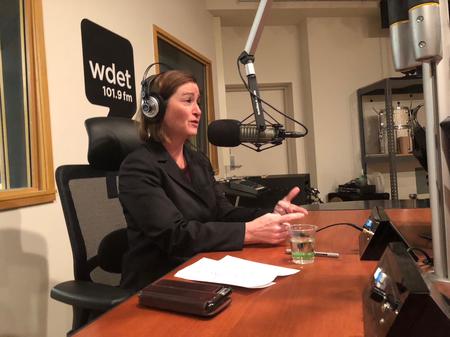House Democrats Unveil Articles of Impeachment, Here’s What Former US Attorney Barbara McQuade Thinks
House Speaker Nancy Pelosi announced this morning that Democrats have drawn up articles of impeachment. So… what now?

Following the announcement of two articles of impeachment unveiled by House Speaker Nancy Pelosi against President Donald Trump, Detroit Today’s Stephen Henderson speaks with Barbara McQuade, Law Professor at the University of Michigan and former United States Attorney for the Eastern District of Michigan.

Henderson starts by asking McQuade if these articles make sense in her opinion.
“I think so, one of the things we heard last week when we had the four law professors testify was explaining the historical origins of impeachment and I think that ultimately informed the way the articles were drafted,” says McQuade, who notes that the articles were drafted “not as a violation of any particular statute, but instead it was more broadly an abuse of power and obstruction of justice and that’s appropriate,” by McQuade’s estimation.
McQuade also emphasizes that impeachment is very different than the conviction of a crime.
“Impeachment is not like a criminal prosecution. A president after being removed from office for impeachment could also then be prosecuted for a crime, but impeachment is not like a criminal prosecution,” says McQuade.
She continues, “it says we gave you this trust as our president and you’ve done something to suggest that you are not fit to serve.”
McQuade notes that the articles of impeachment presented earlier today suggest that Democrats feel that there is a risk of foreign influence and subverting elections with Donald Trump as the nation’s sitting president.
As far as what held House Democrats back from using bribery and the conversation with the Ukrainian president as grounds for impeachment, McQuade says that while “the facts do fit a theory of bribery, which is defined as demanding a thing of value in exchange for an act, the reason [House Democrats] may have withheld, is that Republicans have made some hay out of there being no direct evidence of quid pro quo,” she explains. “I think to fend off that talking point, they have instead charged him more broadly in terms of an abuse of power in case there is some concern that they could not satisfy a bribery offense.”
Click on the audio player above to hear the conversation.
